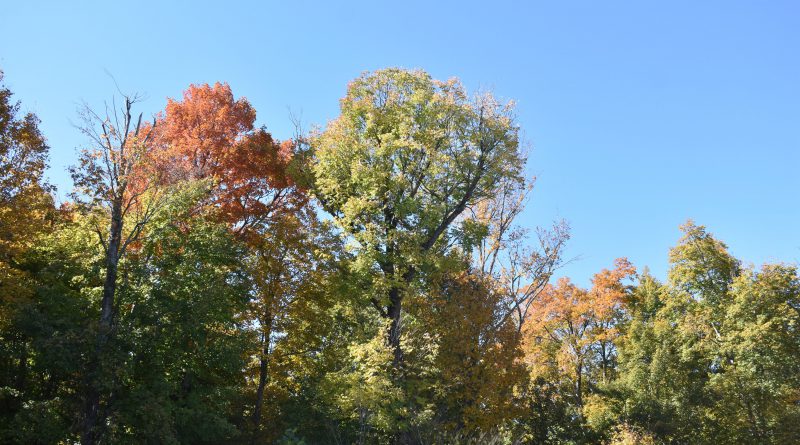Sunrise Movement makes an impact on young people
A new movement has been spreading across the United States and is led primarily by teens and young adults. The Sunrise Movement is a group of young individuals protesting and supporting the Green New Deal, introduced in 2006, which sets out a detailed plan to combat climate change. The group schedules “Climate Strikes” which encourage young students to leave school for the day and head to the nearest hub, there’s one in almost every state, to protest for the Green New Deal and the future of their government.
Many teens all around the United States are getting involved, including Evan Travis, a 9th-grade student from South Kingston, RI.
“I was so scared for my future when I learned about the reality of climate change,” Travis said. “When I learned about an organization that was fighting climate change on the basis of equity I knew it was something I wanted to be a part of.”
Travis isn’t the only kid wanting to get involved with the movement. There are thousands of kids across the United States involved with the movement, and hundreds go to the protests, all joining together to fight for the Green New Deal.
“There is so much legislation that is trying to combat climate change,” Travis said, “but almost all of them don’t tackle the real roots of the problem. The Green New Deal is the only viable option right now that would provide a safe and equitable transition out of fossil fuels and into clean energy, so if I don’t support the Green New Deal I’m not supporting a solution to the climate crisis.”
The fact that the movement is primarily made up of teens and children is a point of interest that makes the movement stand out.
“Gen Z is the first generation to be brought up in a state of ‘climate emergency’ rather than merely ‘global warming,’” Danielle Bilecki, a hub leader for the Sunrise Movement from Providence, RI said. “The personal anxieties surrounding this truth are pretty prevalent in many of the teens I work with, and is definitely one of the reasons teens are joining.”
Bilecki also believes that more and more teens are joining the movement because they are frustrated with the government and how it is handling, or in the eyes of the movement, not handling, climate change.
“Older politicians and environmentalists tend to make younger activists feel incapable,” Bilecki said, “and they spend a lot of time talking up what they have done rather than figuring out more efficient and equitable ways to take action now.”
